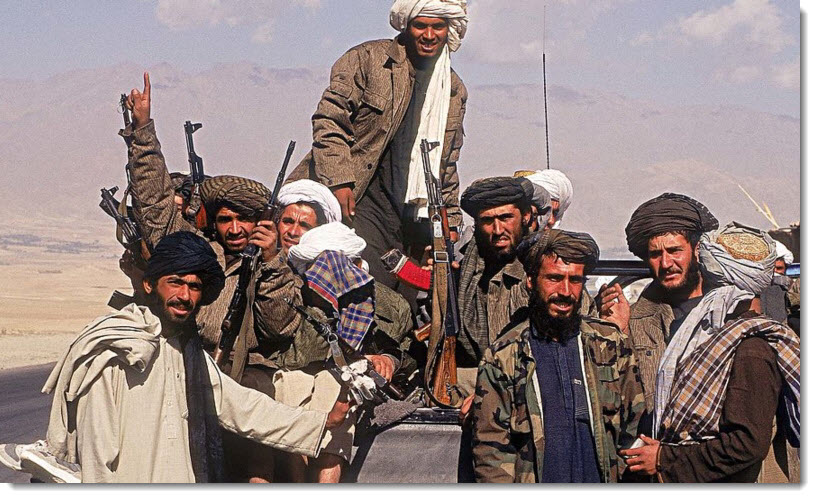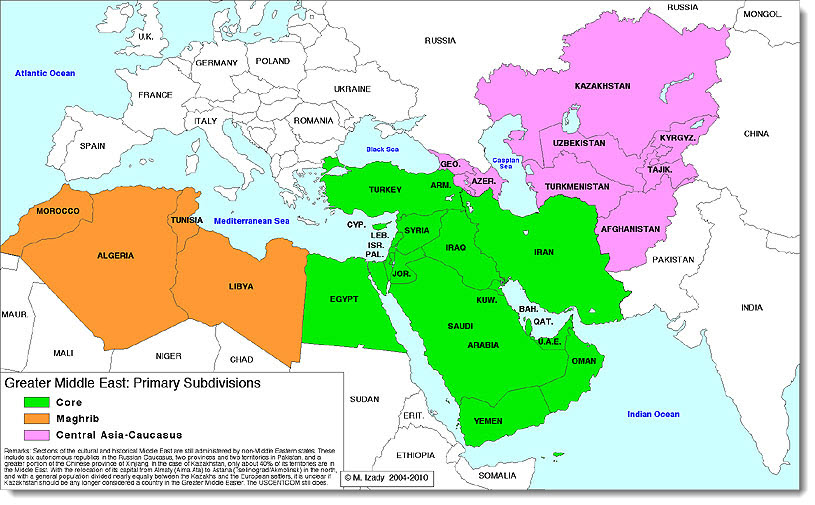Over 41 years have passed since the Soviet Union deployed troops to Afghanistan to defend the communist government against the Mujahideen backed by the U.S. and Saudi Arabia. The Russians withdrew almost 10 years later. A war triggered by the terrorist attack on 9/11/2001 has been in play for nearly 18 years, and the U.S. has now reached an agreement with the Taliban to withdraw as well.
The agreement with the militant group that harbored the al Qaeda operatives responsible for the Sept. 11 attacks comes after over 18 years of war. The Trump administration hopes it is poised to reshape Afghanistan, leading to national peace negotiations and ending any Taliban safe haven for terrorists that threaten the U.S. homeland.

What’s lost in translation is that the U.S. went into Afghanistan not only to disrupt and destroy terrorist organizations, but with the delusion that it could transform the Islamic social fabric into a Western style democracy. If only Afghans could embrace civilized behavior and learn about necktie knots and pleated pants, unicorns would be everywhere, the experts in Washington uttered into the wind. But trying to bring civilization to an uncivilized part of the world is a recipe for disaster and long lasting disappointment.
Disaster brings Iraq and Libya to mind, and the ongoing saga after liberation is hardly a fairy tale. After the defiant tyrant Saddam Hussein was captured in 2003 and then executed in 2006, the foreign policy and military experts claimed success and danced the night away. A summary of Iraq’s current situation captures the essence of the inconvenient truth.
Iraq has been ravaged in recent years by cycles of warfare, an internally displaced persons (IDPs) crisis, crippling sectarianism and, most destructively, a three-year campaign to drive ISIS from the third of the country it controlled. Even after the military defeat of ISIS, Iraq continues to face severe challenges including resolving the political, sectarian, and tribal conflicts that fueled the spread of extremism and its entanglement in regional rivalries.
Libya is a shining example of utter confusion, which ensued after al-Qaddafi bit the literal dust on October of 2011, and as the summary that follows indicates.
More than eight years since the death of Col. Muammar al-Qaddafi, Libya remains in state of protracted conflict with rival governments in Tripoli and Tobruk. Backed by the U.N., the Tripoli-based government has been at a stalemate with the eastern-based Libya Arab Armed Forces (LAAF) led Field Marshall Khalifa Haftar, who launched an assault on Tripoli in April. Foreign backers have flooded into the country to advance their own interests—but this has only exacerbated the conflict.
Although neither Saddam or Muammar embodied the kind gentleman helping the elderly lady cross the street, their dictatorships kept their unruly, largely medieval populations in line. Let’s be honest. The West only wants access to oil resources that it developed with its intellectual property, and couldn’t care less about the locals’ way of life. Furthermore, the fact remains that Iraqis and Libyans can’t get their act together despite Western Civilization filling their coffers with money from petroleum, a resource that they couldn’t have exploited if it was sitting in a lake with a spigot.
Iran switched from a dictatorial Shahanshah in 1979 to a theocratic dictator with a special connection to Allah, donning a dress, a head rag and a pretty beard to prove it. While other religions have embraced some sort of evolutionary track since the Age of Enlightenment, Islam is visibly stuck in the historical mud of the past.
What prodded Islamic terrorism? One day Muslims woke up, looked around and hated all the self-inflicted misery, and as the expanding global economic divide highlighted Islam’s shortcomings, the only way for the clerics to save face was to blame everybody else, especially the infidels out West, and reenact the 7th century. After all, the enemy is the evil empire that showed the hapless bunch sitting on a desert that the value was underground, not in sand castles or their human resources.

Dictators, Islamic or secular, will always thrive in the Greater Middle East, and attempts to introduce democratic social order will always fail, with only chaos being the constant special of the day — except Israel. After all, the term “democracy” first appeared in ancient Greece during classical antiquity, and that was as close to the Muslim Neighborhood as one could get. But how does a geographic area considered to have been one of the cradles of civilization evolve into the land of stupidity? Despite exceptions to the rule, stereotypes are always a reflection of the broader reality, not mere hateful labels.
Think tanks and academia spend far too much time analyzing meaningless and unnecessarily complex minutia, and fail to identify the simple and overriding broader issue that cannot be corrected: It’s always about the people, and donkeys cannot be trained to compete in horse races.

